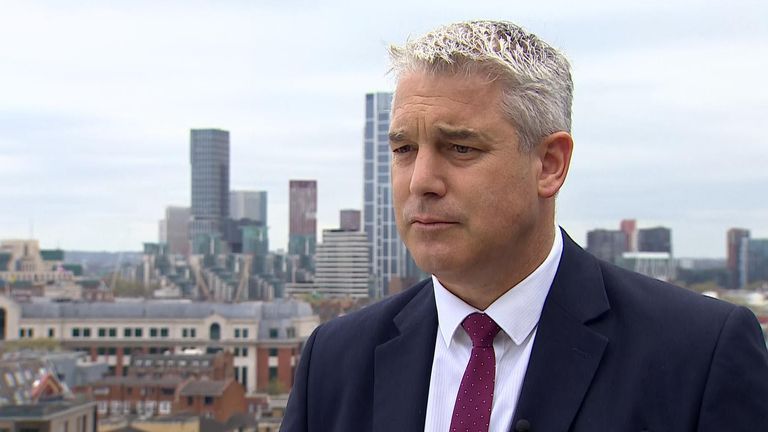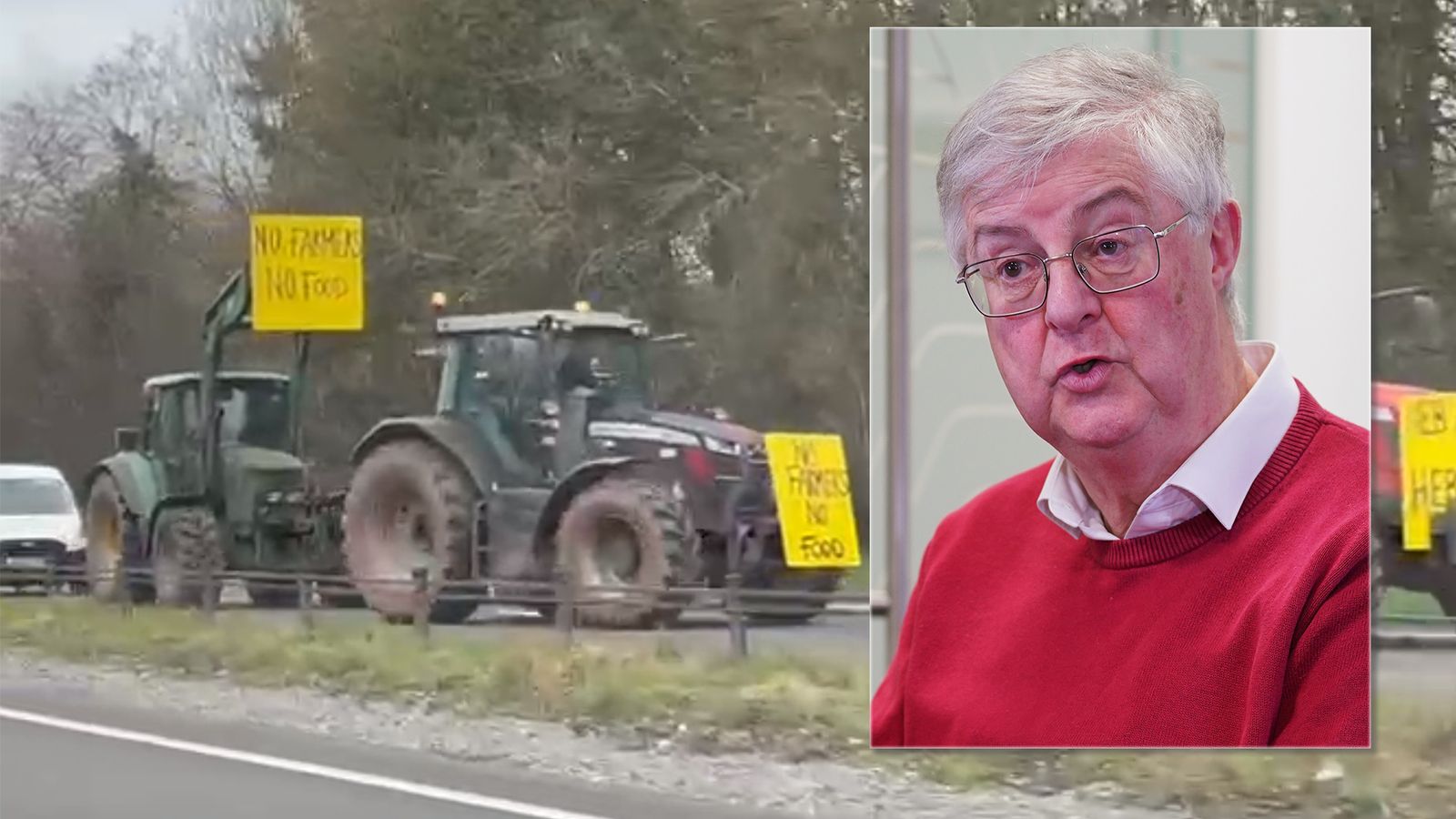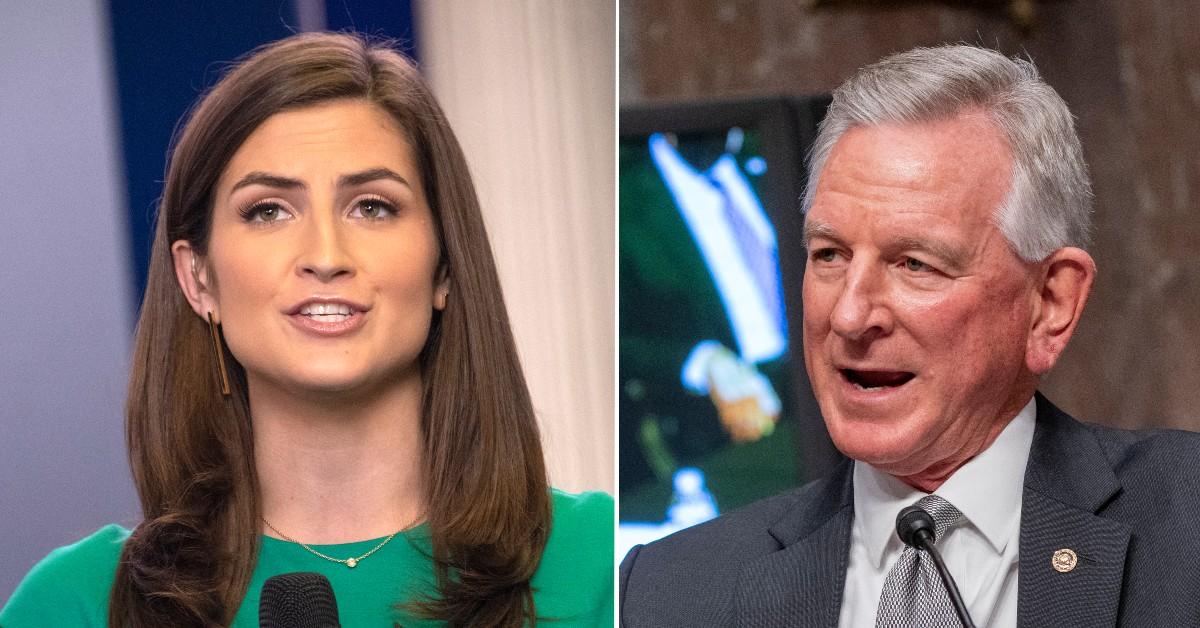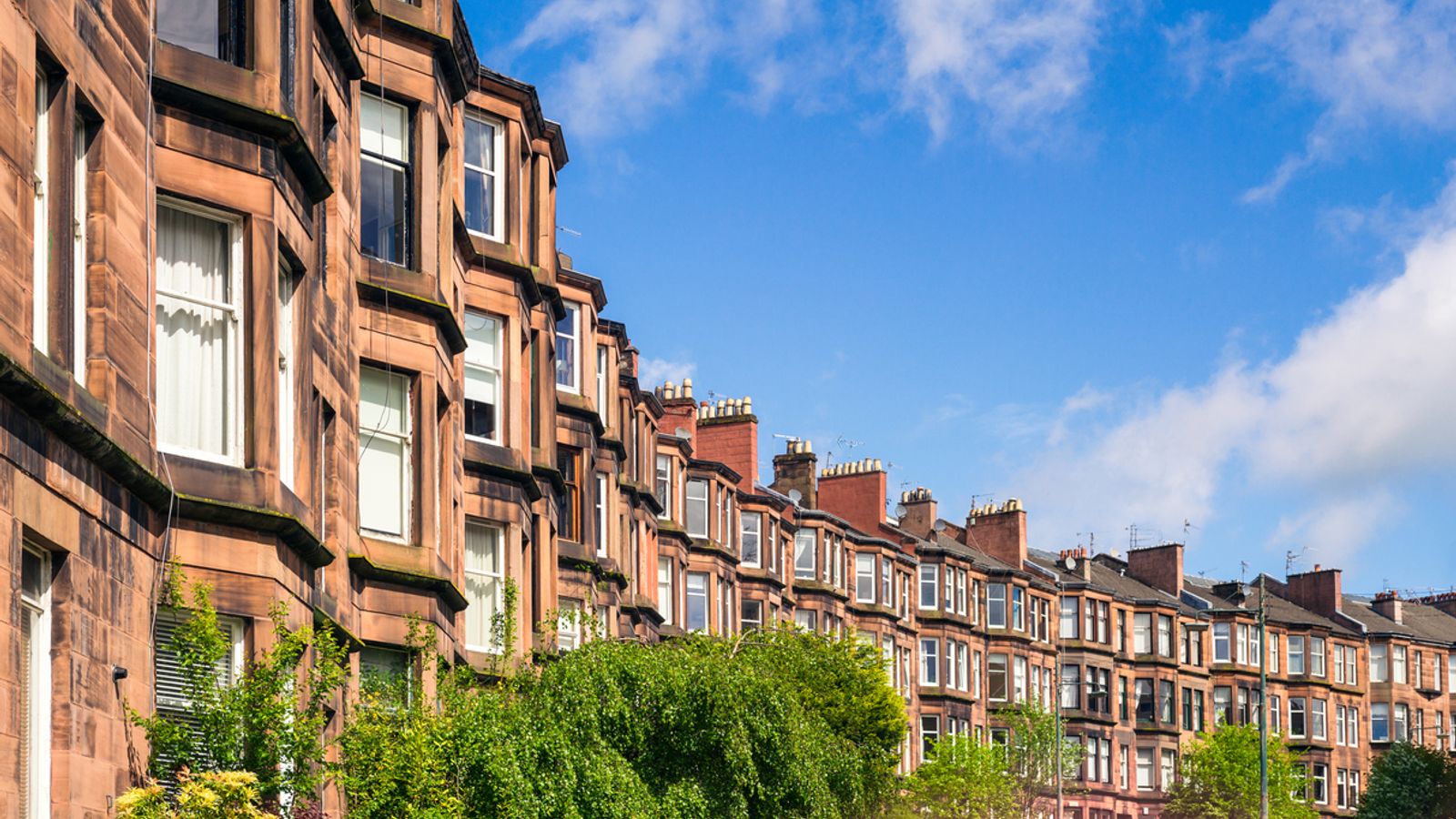‘Unconscionable’: Junior doctors hit back at 6% pay rise – as union demands 35% | Politics News
The government has put the UK in an “unconscionable” position by forcing through pay rises on the back of cuts to existing budgets, according to the junior doctors’ union.
Rishi Sunak has said the roughly 6% rise in salaries the government will implement is a “final” offer, upon which there will be no negotiation.
“We will not negotiate again on this year’s settlements, and no amount of strikes will change our decision,” he said.
Politics latest: Rishi Sunak accused of treating migrants as ‘cash cows’
This figure falls well short of the 35% being demanded by the British Medical Association (BMA) for junior doctors.
It wants their pay restored to spending parity with the levels seen in 2008, noting that they have received below-inflation raises ever since.
Young medics are currently engaged in a five-day strike, their longest yet.
The prime minister’s line-in-the-sand approach is “irresponsible and unreasonable”, according to Dr Sumi Manirajan, the deputy co-chair of the BMA’s junior doctors committee.
She told Sky News: “This will no doubt contribute to the feeling that junior doctors are experiencing and reporting of not feeling valued.”
Professor Phil Banfield, the chair of the BMA’s UK council, said: “Today’s announcement represents yet another pay cut in real terms and serves only to increase the losses faced by doctors after more than a decade’s worth of sub-inflation pay awards.”
He added: “Public sector workers are not only working in underfunded services, but they are now being asked to pay for them through further cuts and proposed increased visa costs.
“The political choices this government is making continue to make ordinary people sicker and poorer; that is an unconscionable position for a ‘civilised’ society to be in.”
Chancellor Jeremy Hunt said the pay awards across the public sector will require around £5bn in cuts over the next two years.
Part of this will be funded for education by £880m from government over the next two years, as well as a rise in the immigration health surcharge – paid by people applying to immigrate to the UK.
Read more:
Air traffic control strikes could put up to a third of summer flights in Europe at risk
What to do if you need NHS care during ‘longest ever’ walkout
The surcharge has raised around £900m in the past four years
The rest of the money will be found through “efficiencies” and “rereprioritisation” – which usually means cuts – although Downing Street says most of the money will be found from “underspends”.
Responding to the BMA, a Downing Street spokesman said the 35% pay rise would be “simply not fair to taxpayers”.
“From the deal, independenty set by the [pay review bodies], junior doctors will see around a 9% uplift to pay,” he said.
Click to subscribe to the Sky News Daily wherever you get your podcasts
“Anyone… would think that is a significant increase. Certainly we do and we will not countenance borrowing more money or increasing taxation to go beyond what the independent pay review bodies have recommended.”
Health Secretary Steve Barclay said: “Of course, my door’s open to discuss with the BMA other issues in terms of the quality of work conditions within the NHS and how we best support doctors in training.”




